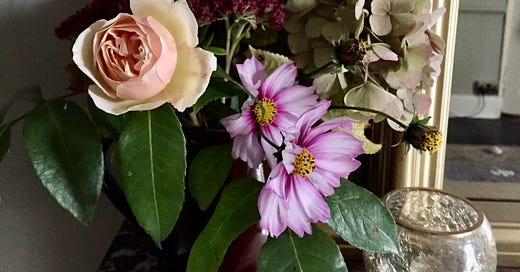The house stood silently by the sea, she thought. It was an annoying habit of Esme’s; annoying to her, anyway. It was happening inside her, so no one else knew of or was bothered by it. She seemed incapable of experiencing life without being distanced from it by a screen of precise descriptive sentences from inside her own skull. A tireless, grammatical…
Keep reading with a 7-day free trial
Subscribe to Five By Five Times to keep reading this post and get 7 days of free access to the full post archives.



